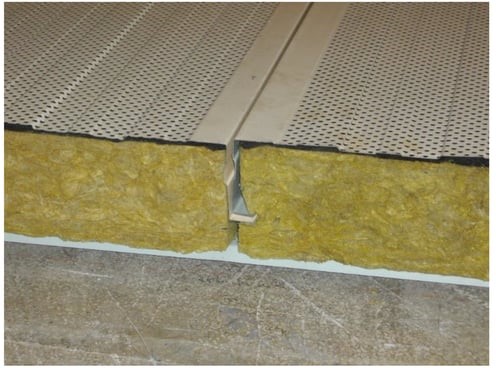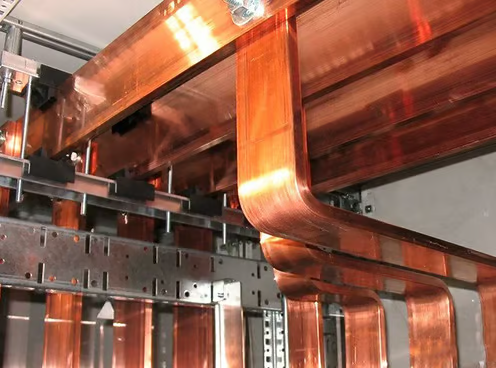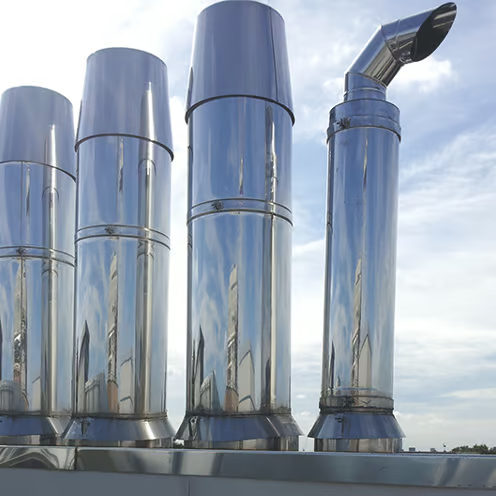
1- Acoustic Treatment
Acoustic treatment is the process of improving the acoustic properties of a room. The goal of acoustic treatment is to make your environment sound more neutral with respect of ventilation and vibration calculation.
2- Electrical Panel Builder
When it comes to our electrical panels, we offer you a different type of ATS, Synchronization panels, with high end level.


2- Electrical Panel Builder
When it comes to our electrical panels, we offer you a different type of ATS, Synchronization panels, with high end level.

3- Fuel system installation
The diesel fuel system generally comprises bulk tanks, transfer pumps, day tanks, instrumentation and controls. The bulk tanks has level control panel is provided for the tanker operator. The bulk tanks and day tanks require level instrumentation and solenoid controls for valves. The fuel transfer pumps are a dual set, operating in duty / standby mode with automatic rotation of the duty pump. Additional instrumentation may be provided for the day tanks such as fuel consumption rate and consumption total. The fuel system electrics are extra low voltage 24VDC
4- Ventilation & duct installation
Ventilation may be a simple process of replacing the air in spaces – but in the context of indoor generator setup, it is utmost crucial for optimal performance and safety.
Why? Because generator needs to breathe and inadequate ventilation with poor air movement indoor could potentially lead to unforeseen system failure when the engine combusts and heat-dissipating into the surrounding area.


4- Ventilation & duct installation
Ventilation may be a simple process of replacing the air in spaces – but in the context of indoor generator setup, it is utmost crucial for optimal performance and safety.
Why? Because generator needs to breathe and inadequate ventilation with poor air movement indoor could potentially lead to unforeseen system failure when the engine combusts and heat-dissipating into the surrounding area.

5- Exhaust pipes
A gen set exhaust system must collect gases from engine cylinders and discharge them as quickly and silently as possible. It must minimize back pressure, which can cause horsepower losses and temperature increases that can shorten the engine’s life.
Several factors impact the exhaust system performance. Building constraints, noise control, condensation, vibration, heat dissipation and building codes must be considered.
Our Team
Convallis ullamcorper aliquet ultrices orci cum vestibulum lobortis erat.




